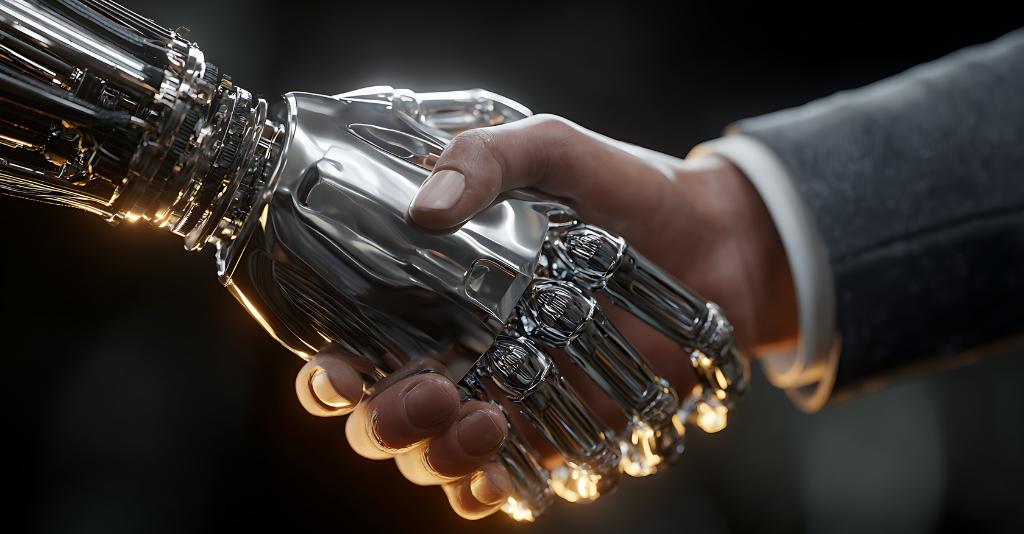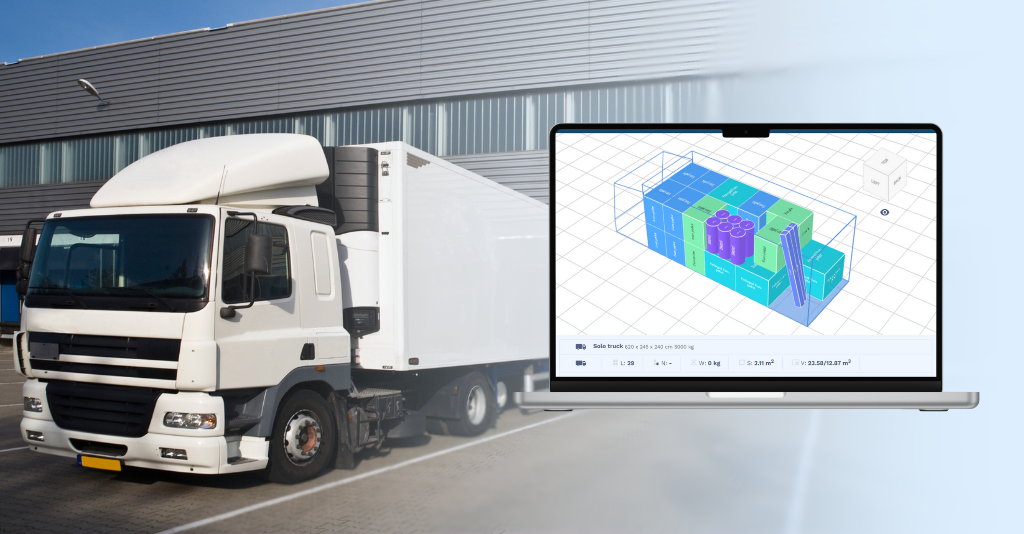October 17, 2025
New Technologies
What are AI agents – a definition

For years, we’ve observed the introduction of many innovative solutions in logistics. Today, however, we stand on the brink of a revolution where systems are moving beyond mere tools and becoming… collaborators. We are talking about AI Agents (or more precisely: Artificial Intelligence Agents).
While the name sounds futuristic, AI Agents are already present in our daily lives and represent the next evolutionary step beyond classic machine learning systems. What exactly are they, and how do they work? Let’s dive in!
What are AI agents?
An AI Agent is a software system capable of perceiving its environment, deciding (or thinking) based on that perception, and then acting to achieve specific goals. They operate in a loop: Perceive → Think/Decide → Act.
Agents don’t just follow instructions; they autonomously decide what action is best in a given situation to move closer to a set objective.
Key characteristics of an AI agent:
- Autonomy: They are able to operate without continuous human intervention.
- Reactivity: They respond to changes occurring in their environment.
- Proactivity: They strive to achieve goals, not just by reacting, but also by initiating actions.
- Collaboration (in multi-agent systems): They can communicate and coordinate actions with other Agents.
Examples of agents in the everyday world
To better understand what AI Agents are, let’s look at them outside the context of logistics:
- Autonomous vehicles: The car (Agent) perceives the environment (sensors, cameras), processes data (thinking: where to turn, how to brake), and then executes an action (acting: accelerating, braking, changing lanes). Its goal is to safely deliver passengers to their destination.
- Voice assistants (e.g., Siri, Alexa): They perceive (our speech), think (analyze the intent of the query), and then act (play music, set an alarm, answer a question).
- Trading bots: They perceive (market data), think (analyze algorithms and trends), and then act (buy or sell stocks), striving to maximize profit.
- Recommendation systems: They perceive (our clicks, viewing history), think (predict what we might like), and then act (suggest the next movie or product), aiming to maintain our attention.
A quick look at the potential in logistics
Logistics is an environment that is ideally suited for AI Agents. Why? Because it’s a world full of variables, uncertainty, and the need to make optimal decisions in real-time.
Imagine a load planning system that doesn’t just calculate cargo placement but acts as an Agent:
- Perceiving: It receives new orders, is aware of production delays, and has access to real-time traffic data.
- Thinking/Deciding: It independently modifies the loading sequence, changes the assignment of pallets to trailers, and even negotiates (!) with other Agents (e.g., route optimization Agents).
- Acting: It automatically generates a new load plan and notifies warehouse workers and drivers.
AI Agents represent a significant leap forward in the development of artificial intelligence. They are autonomous systems that, thanks to their ability to perceive, think, and act, can make complex decisions without continuous human oversight. As we’ve demonstrated, an Agent’s key features are its autonomy and goal-driven nature, which differentiates it from traditional programs.
At Goodloading, we believe that understanding this technology is essential for anyone who wants to better automate processes. AI Agents, whether they are working on movie recommendations or load optimization, herald an era where IT systems will be not just tools, but true, digital partners in business.











